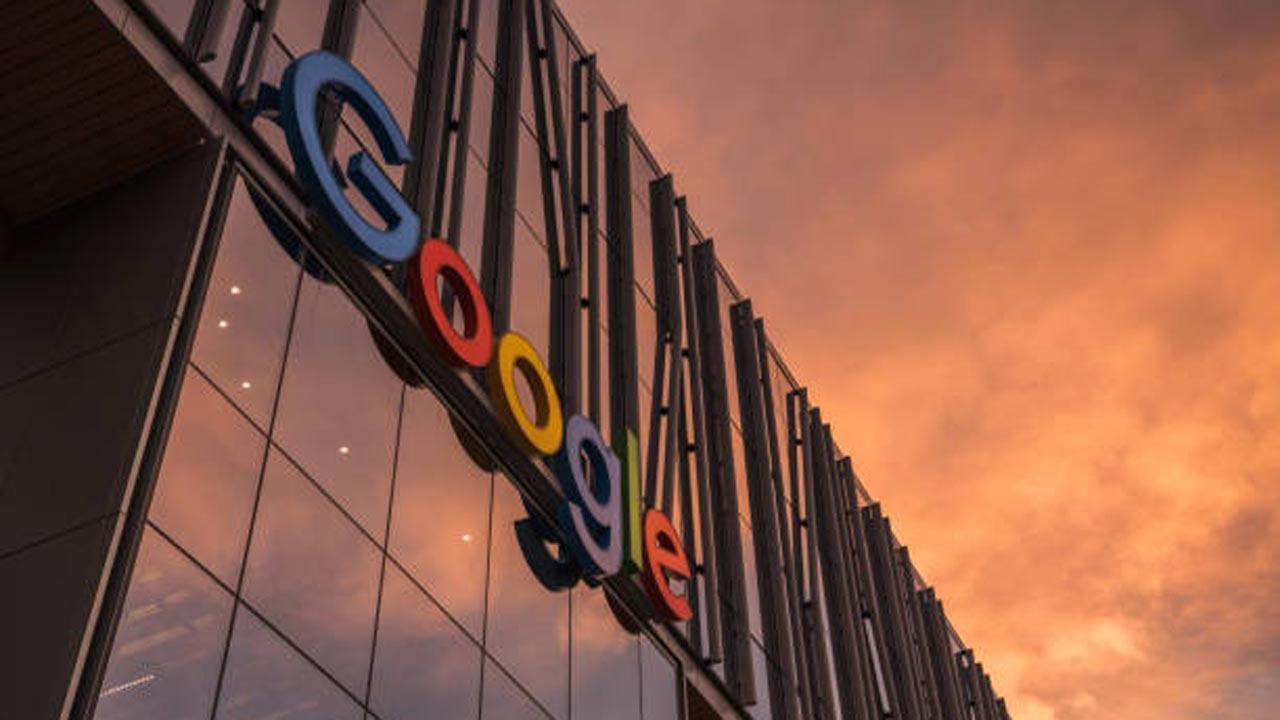Google said it plans to challenge the fine. It has accused South Korean authorities of disregarding how its software policy benefits hardware partners and consumers

This picture has been used for representational purpose. Pic/iStock
South Korea's competition watchdog plans to fine Google at least 207.4 billion won (USD 177 million) for allegedly blocking smartphone makers like Samsung from using other operating systems, in what would be one of the country's biggest antitrust penalties ever.
ADVERTISEMENT
Google said it plans to challenge the fine. It has accused South Korean authorities of disregarding how its software policy benefits hardware partners and consumers.
Tuesday's announcement came as South Korea also began enforcing a revised telecommunications law that prohibits app market operators like Google and Apple from requiring smartphone users to pay with their in-app purchasing systems. It is the first nation to adopt such regulations.
South Korea has always closely scrutinized how foreign technology companies behave in its market. Much of the focus in recent years has been on Google and Apple as officials vowed to prevent them from abusing their dominant market positions in mobile internet.
Joh Sung-wook, chairwoman of South Korea's Fair Trade Commission, said Google has hampered competition since 2011 by obligating its electronics partners to sign "anti-fragmentation" agreements. This has prevented the companies from installing modified versions of Google's operating systems on devices like smartphones and smartwatches.
Also read: Google adds dark mode feature to search on desktop
That gave Google an easy way to cement its leadership in mobile software and app markets, she said.
Joh said manufacturers like Samsung and LG had to agree to the terms when signing contracts with Google for app store licensing or early access to computer codes so that they could build devices in advance before Google released new versions of its Android and other operating systems.
In an emailed statement, Google said the FTC is ignoring how Android's compatibility program, which defines the requirements for device makers and developers to achieve compatibility with the operating system, has spurred ¿incredible hardware and software innovation, and brought enormous success to Korean OEMs (original equipment manufacturers) and developers.¿
"This in turn has led to greater choice, quality and a better user experience for Korean consumers," Google said.
"KFTC's decision released today ignores these benefits, and will undermine the advantages enjoyed by consumers. Google intends to appeal the KFTC's decision." Joh pointed out that Samsung, the maker of the globally popular Galaxy Android phones, suffered a huge setback in 2013 when Google forced it to abort its plans to use a customized version of Google software on its Galaxy Gear smartwatches.
Samsung switched to a little-known operating system called Tizen but gave up on the software after struggling with a lack of applications. The company's new smartwatches are now powered by Google's Wear OS. LG was also thwarted from releasing smart speakers based on customized Google software.
The fine announced for Google would be the ninth largest the FTC has ever imposed. The company may end up paying even more.
Kim Min-jeong, another FTC official, said the amount announced by her commission was tentative, based on the revenue Google generated in South Korea from 2011 to April this year. She said the finalized fine, which could be announced in October or November, might be slightly higher.
"We will ban (Google) from requiring device manufacturers to sign anti-fragmentation agreements in relation to (business contracts) regarding Play Store licensing and early access to operating systems," Joh said in a news conference.
"Our corrective measures will allow domestic device manufacturers to release fork' devices in the domestic and foreign markets and foreign manufacturers to release fork' devices in the domestic market," she said, referring to devices powered by customized operating systems.
The FTC began examining the case in 2016 and is conducting other investigations of Google, including its behaviour in mobile applications and advertising markets.
Earlier Tuesday, the Korea Communications Commission, the country's telecommunications regulator, said a revised telecommunications law prohibiting Google and Apple from requiring developers to use their in-app purchasing systems has taken effect.
The tech giants face global criticism over forcing developers to use in-app purchasing systems, for which the companies receive commissions of up to 30 per cent.
The companies say the commissions help pay for the cost of maintaining the app markets.
This story has been sourced from a third party syndicated feed, agencies. Mid-day accepts no responsibility or liability for its dependability, trustworthiness, reliability and data of the text. Mid-day management/mid-day.com reserves the sole right to alter, delete or remove (without notice) the content in its absolute discretion for any reason whatsoever.
 Subscribe today by clicking the link and stay updated with the latest news!" Click here!
Subscribe today by clicking the link and stay updated with the latest news!" Click here!






